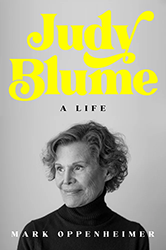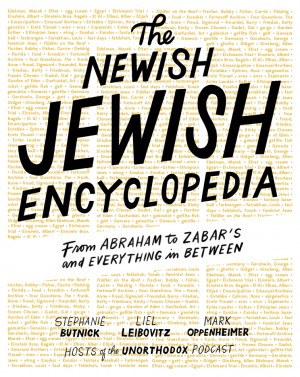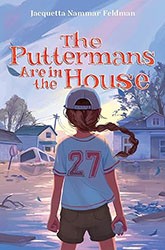Where were you on Saturday, October 27, 2018? On the day of the deadliest single antisemitic attack in the history of the United States, it’s a question that has resonated through the Jewish community, poised to be a defining one for this generation of Jewish Americans. The impact of the synagogue shooting at Pittsburgh’s Tree of Life synagogue is still being defined, and as Mark Oppenheimer demonstrates in his book Squirrel Hill, the history is still very much being written.
Oppenheimer’s writing is exquisitely detailed, introducing readers to a vast group of individuals and organizations impacted by the day’s violence. These details bring complexity and compassion to the murdered victims, as well as to the survivors who were in the building and the members and leaders of the surrounding community. These details are essential to humanizing the experience while also keeping the reader focused on the particularity of its context. In Oppenheimer’s account of the attack and the months that followed, the tribute to the neighborhood of Squirrel Hill, the Jewish community of Pittsburgh, the different congregations, and each person affected is an essential component of the historical document that this book ultimately represents. There is a sense in reading the book that the author is not only reporting on the news story but also creating a definitive record that will shape readers’ understanding of its significance for decades to come.
Squirrel Hill is at its best when it focuses on the relationships and the cooperation that were present in the neighborhood before the shootings, which became a source of tremendous strength afterwards. As the book progresses and the social networks become larger and more complex, Oppenheimer’s intimate knowledge of the city and personal connections to the people he writes about help orient his readers so they don’t get lost in the labyrinth of characters. Luckily, the book also includes a useful map of the geographic area, and the photographs and “Notes on Reporting” section further enriches the reading experience.
A book that navigates the tension between the graphic account of the physical violence, the depth of the emotional response, and unpacking the loftier questions about existence demands readers’ time, patience, and endurance. And this is as it should be. Above all, Oppenheimer treats his subject with the seriousness and empathy that it deserves. He doesn’t offer platitudes; rather, Squirrel Hill demonstrates what it means to truly care about antisemitism, trauma, violence, grief, and hope.




